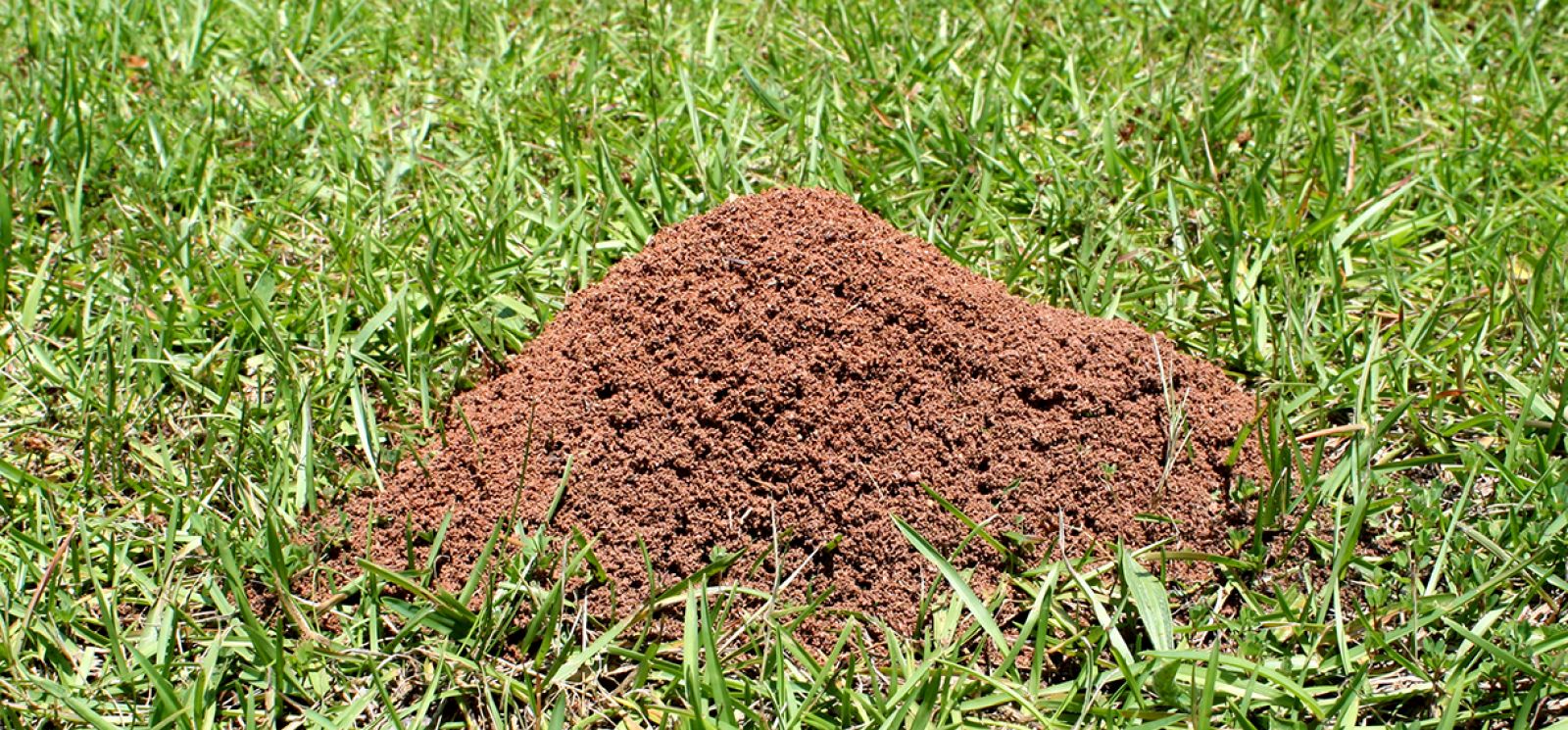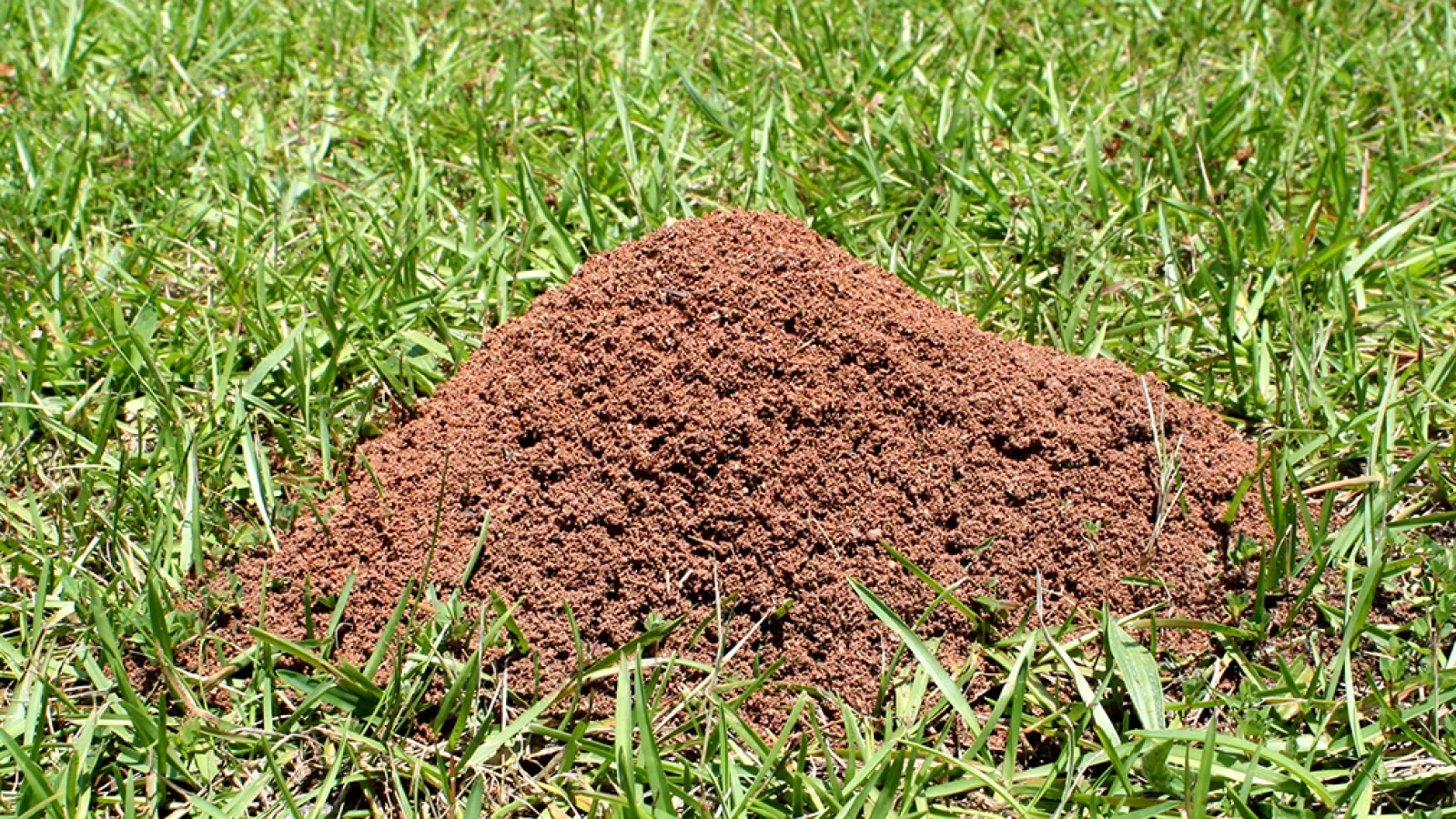You may have noticed that the weather has been very unpredictable and rather moody recently.
This can mean overly hot days, surprisingly windy days, or inconvenient rainy days.
Rain levels in Atlanta this year are lower than the average of rain levels over the past 30 years, but the last few months have been noticeably very high.

What Does Rain Mean for Bugs?
According to the itsy-bitsy spider, the rain is supposed to wash the bugs away, but some bugs are actually brought out by the rain.
Every living creature needs water to live, but rain interacts differently with many different species of bug.
Since insects are ectothermic and their livelihoods are dependant on the weather, they have different coping mechanisms and habits during rainy and wet weather.
Some insects will hide and seek shelter during storms. They can sense atmospheric pressure differences and can sense when a storm is coming; this will likely lead them to find shelter in nature or in your home. Many insects like bees and butterflies cannot fly during the rain because the water weighs them down, and they will take shelter under leaves or other vegetations to avoid water damaging their wings.
Mosquitoes love the rain. They are so small that they are usually not hit by rain, and if they are they have water resistant hairs that help them escape the powerful drop. They use rain and stagnant water to laying eggs and breed.
What About Fire Ants?
Ants are so small and often hidden that you may not notice them until they're invading your space.
Like other bugs, the habits of fire ants depend on the weather and climate.
When there is a drought, fire ant colonies move underground in search of food, water, and cooler temperatures. They may also search for food and water inside your home during this time. This is also a great time to use baits on fire ants since they will be searching out nourishment.
On the contrary, after rainfall, fire ants will rise to the surface of their mound colonies and bring their young up with them to avoid drowning in the water that has begun filling up their tunnels. This weather can also encourage hatch speed of their eggs.
Fire ants actually thrive in the wet rainy conditions. That is when they work best and build their notorious red mounds that we are too familiar with.
The Dangers of Fire Ants
Fire ants are not only obnoxious and gross, but they are actually dangerous. You do not want to encounter fire ants outside or inside your home because they can bite onto you and sting you.
A fire ant sting is usually painful and will result in a red bump with a white head. It is not unlikely for one fire ant to sting you multiple times, so encountering an entire colony or an infestation of fire ants can be very dangerous.
How Can You Solve a Fire Ant Problem?
The only way to solve a fire ant problem is to eliminate the colony, and the only way to eliminate the colony is to kill the queen. The queen lays thousands of eggs so no matter how many worker ants you kill there will still be a problem. Once the queen has been exterminated your problem will be solved.
The main methods of treating fire ants are with baiting stations and individual mound treatments.
The best time to treat fire ants with a baiting treatment is during a warm month, right after it rains. Since the fire ants will be actively building their mound and looking for food and water they will likely encounter your baits. You can treat individual problematic mounds with fire ant bait by applying the bait around the mound, not directly on top; fire ants do not usually leave the mound from the top, they have underground tunnels.
If your ant problem is out of control you should seek out the help of a pest control professional.
For more information about how you can keep ants off your property and out of your home check out our guide, How to Keep Ants Out of Your Atlanta Home Area.




